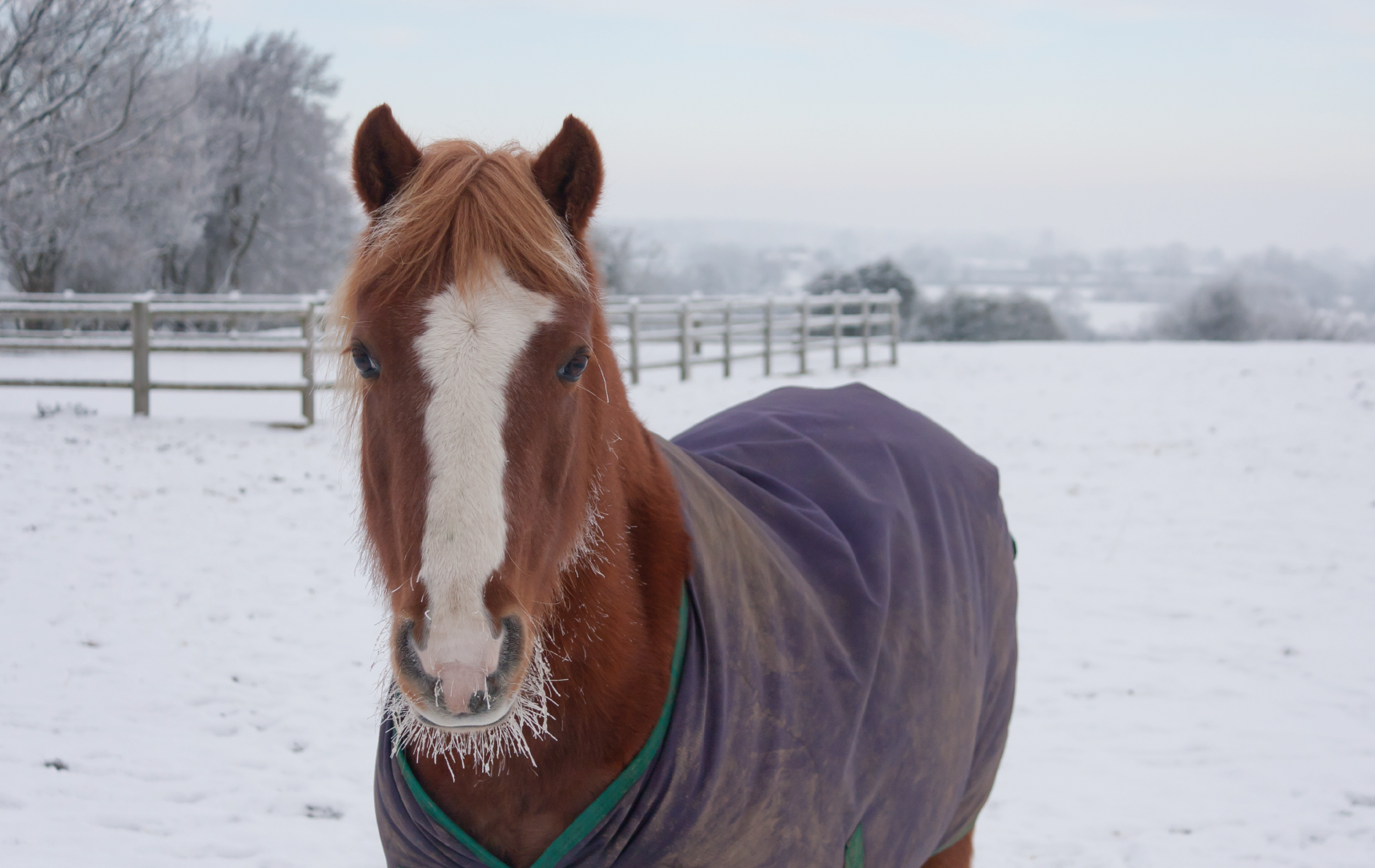Biosecurity is the principles, actions, precautions and protocols that are undergone by horse owners and custodians to protect the health of horses. These are put in place to reduce the potential risk of disease-causing agents that may spread throughout your operation.
Biosecurity is important for disease prevention and control to ultimately help reduce the spread of disease outbreak which can seriously impact equine health and welfare. Alongside this, outbreaks can be costly, especially if your whole equestrian business is affected and this may mean the whole yard could be locked down until the spread of disease has been fully eradicated.
Owners of horses should know the tell tale signs if their animal is becoming unwell and not acting like they usually would. Changes in their behaviour may indicate the onset of disease.
Practices that prevent disease must be implemented on a daily basis as it can travel quickly between groups. Successful biosecurity can contain the disease and protect your horse and others it may be in close proximity to.
Everyday biosecurity measures:
- Good hygiene – regularly washing hands, clothes, equipment and surfaces.
- Regularly clean and disinfect equipment – grooming kits, feed and water buckets, rugs, stables and vehicles used to transport horses.
- Provide fresh clean water and feed your horse with the correct type and amount of food.
- Avoid taking vehicles into a yard where there are quarantined sick animals.
- Keep your horses secure by checking latches and hinges.
- Provide fresh water.
You can help limit the risks posed by visitors to your horses by following these simple steps:
- Where possible, park away from the horses.
- Ask all visitors to wear clean clothes and shoes, and if possible disinfect footwear on entry and exit.
- Provide hand washing facilities and make sure all visitors sanitise before they make contact with horses.
Sharing equipment between horses can create further problems if biosecurity is not adhered to. Make sure to use separate grooming kits, rugs and tack for each horse and separate feed and water buckets to avoid the spread of any possible disease.
Travel
If your horse is travelling make sure they avoid sharing transport with horses from other yards. It is also important that cleaning the vehicle of transportation with a DEFRA approved disinfectant is done once the journey is complete, as well as the tyres for any muck or manure which may be on them which could potentially pass on diseases onto other horses or yards.
Feed & water
Good quality feed, water and bedding are important to maintaining a horse’s health. Processing, transportation and storage of food are important considerations you should take into account to minimise exposure to bacteria. Store foods in a place that is free from contamination by water, pests and manure and dispose of any feed that you may feel has been contaminated.
Provide water to horses individually, preventing the share of water buckets or troughs. Make sure you are aware of the source of water at an event and within your yard, and avoid access to natural surface water where possible.
Isolation
Isolating all new horses to your yard is vital in disease prevention. As new horses may appear somewhat healthy, they may be hiding or not showing any clinical signs of disease. Ideally new horses should be kept in quarantine for a minimum of 21 days and should be placed in a separate pen with no direct contact with the other horses. Ensure that all isolated horses are cared for separately
When away from your yard/farm prevent horses from having nose to nose contact with unfamiliar horses and make sure to wash your hands after you handle other horses for extra precaution.
Insect control
Ensuring you meet the standards between a clean and tidy environment, you’ll be on the right road to keeping away insects from infecting your horses. Aside from this, it’s integral you ensure all vaccinations and worming programmes are up to date. To protect horses from insect bites use insecticides, summer sheets, fly rugs and masks, and make sure to dispose of dung away from horses and water courses to reduce the proximity of insect breeding sites. Be sure to clean up manure, used bedding and weeds as these are places where insects may thrive.
Manure management
Manure is a source of potential bacteria, where if they remain for long periods of time it can become hugely infectious. Removing manure from horse yards, stalls and paddocks on a regular basis helps minimise accumulation and infection.
Dedicate specific tools and equipment for the removal of manure and be sure to disinfect the equipment between activities. When dealing with manure make sure to always clean and sanitise your hands, clean your footwear and clothes to relieve all of the waste. Footbaths and hand sanitisers (minimum 62% alcohol gel) should be freely available and also placed at the main entrance and other access points within the premises.
Biosecurity is very much a continuous process to upkeep and maintain a healthy environment for your horses to live disease-free. To help horse owners gauge the risks they may have to overcome, they should conduct a risk assessment taking into account the age of their animals, the yard in which it will be kept, other horses in the yard or neighbouring yards, alongside others.
For keeping up with everyday biosecurity, Stablemate’s Boxfresh, Cleanse and Dis-in-fect products provide effective solutions to equine health and well-being. In addition to high-quality cleaning properties, they deodorise environments, leaving a fresh smelling aroma after use.
Get complete equine biosecurity – from start to finish with Stablemate.
Download our product brochure.


